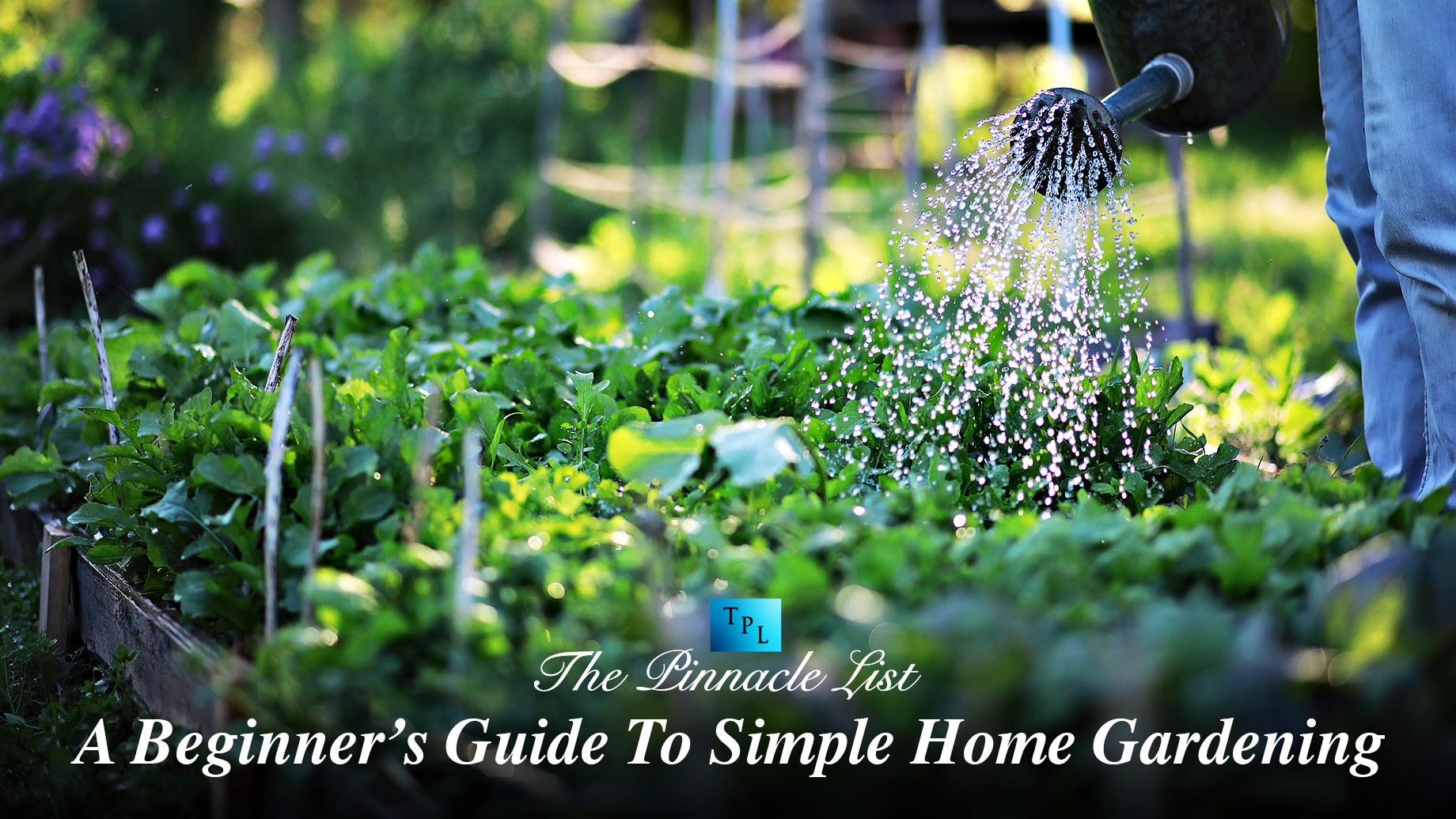
Home gardening is a great way to get outside and enjoy the fresh air while exercising and producing your own food. And it doesn’t have to be complicated or expensive to get started. In this beginner’s guide to home gardening, we’ll show you how to get started with some simple tips and tricks.
According to Gardening Statistics, gardening is practiced by 55% of American households. And it’s no wonder—gardening offers many benefits. In addition, to make your garden more sustainable, you can choose to grow organic produce. For beautification, you can buy evergreen grasses at gardeners dream to keep your garden looking lush year-round. You can plant flowers in front of your home for added curb appeal. Here are a few things you should know before you get started:
Choose the Right Location
When choosing a garden spot, ensure it gets plenty of sunlight. Most plants need at least six hours of sun per day. In addition, you’ll want to make sure the location is near a water source, such as a hose or faucet. Most problems with home gardens occur because of improper watering, so it’s important to have easy access to water.
Decide What You Want to Grow
One of the most difficult home gardening decisions is choosing what plants to grow. There are literally thousands of options available. An excellent place to start is by deciding what fruits, vegetables, or herbs you like to eat. You can also choose plants native to your area, as they will better adapt to the climate and soil.
For example, succulents might be a good option for your garden if you live in the Southwest. Once you’ve decided what to grow, research each plant to find out how much sun and water it needs.
Prepare a Good Soil
The quality of your soil will have a big impact on the success of your garden. If you’re not sure about the quality of your soil, you can have it tested by your local cooperative extension service. They will be able to tell you what nutrients are lacking and how to amend the soil. In general, you want soil that is loose and well-drained. If your soil is too dense, add organic matter, such as compost or peat moss, to help improve drainage.
Fertilize Your Plants
Plants need nutrients to grow, just like people need food. Adding compost to your soil is the best way to provide nutrients for your plants. You can also use commercial fertilizers, but be careful not to overdo them, as too much fertilizer can damage your plants. Apply fertilizer according to the manufacturer’s directions.
Water Your Plants
Proper watering is one of the most important aspects of gardening. Each plant has different water needs, so be sure to do your research. In general, plants should be watered deeply but infrequently. Water in the morning so the leaves have time to dry before nightfall. This will help prevent diseases.
Having a home garden can provide you with fresh produce, beauty, and a sense of calm. Just make sure to do your research on what plants you want to grow and the location of your garden before getting started. This will save you time and effort in the long run.